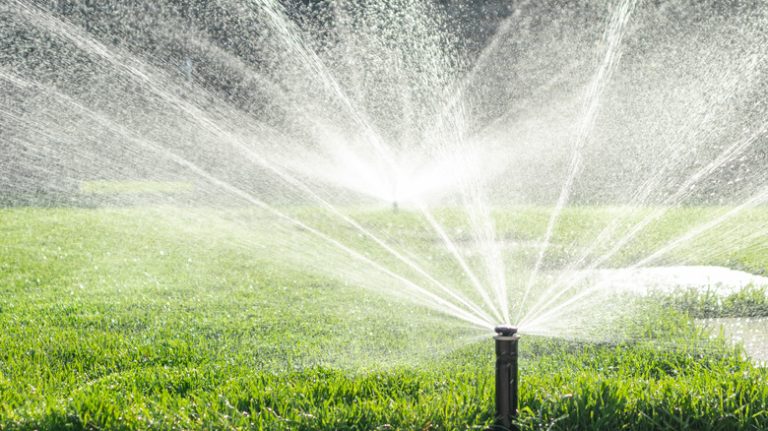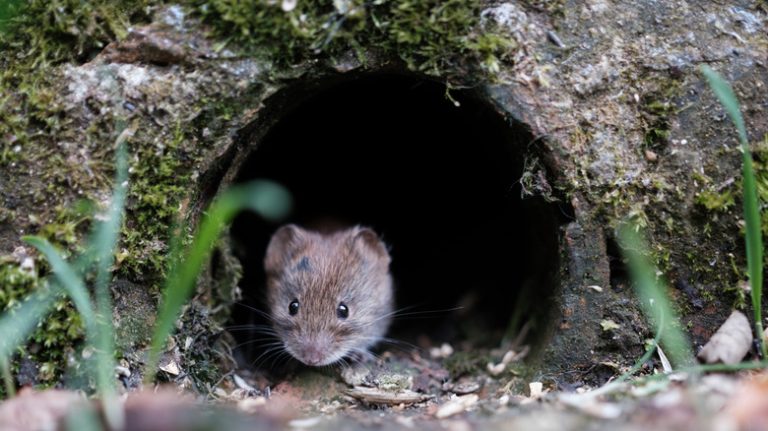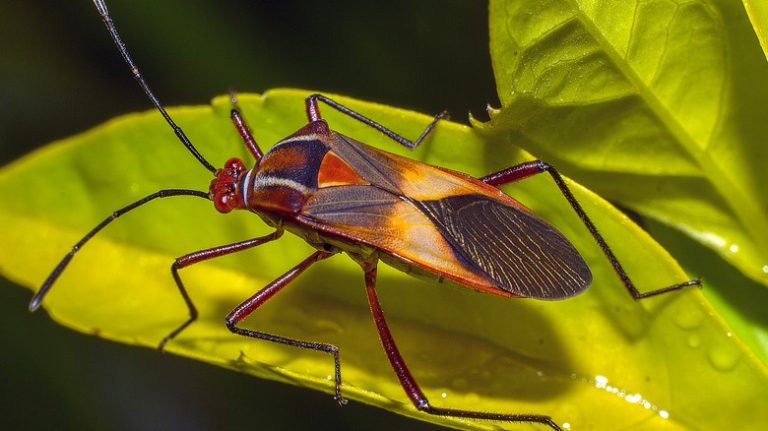We may receive a commission on purchases made from links.
Picture a once-thriving greensward, now resembling a ragged patchwork quilt. That could be your lawn’s current state, and reseeding might be the miraculous revival you desire. It’s like giving your lawn a fabulous makeover without the eye-watering price tag of a full-blown sod installation. But beware, timing is everything, as reseeding during the wrong season can lead to wasted effort and a still-struggling lawn. In general, fall is the best time for sowing grass, as the season’s cooler temperatures and increased rainfall make for more vigorous germination. But don’t forget that some grasses, such as cool-season varieties, prefer a springtime re-touch.
You might have heard of overseeding. It’s like a reseeding’s cousin but with a twist. While reseeding focuses on fixing bare or damaged areas, overseeding is more about sprucing up an existing lawn with new grass seed for added vigor and thickness. Think of it as a touch-up rather than a complete renovation. However, knowing when to reseed is only half the quest for lush greenery in your yard. You can have perfect timing, but if you drop the ball on execution, your chances of success are slim. Master the art of soil preparation, select the perfect grass variety, sow with precision, pamper your lawn post-seeding, and witness your lawn transform into the lush paradise you desire. As for the cost of reseeding a lawn, the numbers vary with the seed type, labor, yard size, and condition.
When to reseed your lawn is beyond the signs of damage
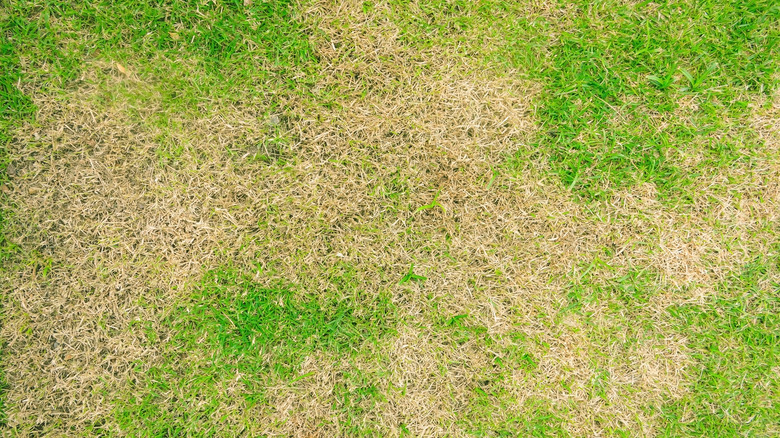
If your yard resembles a desolate, weedy, brown, or bare wasteland, it’s a glaring sign that reseeding is in order. Bare patches often stem from heavy foot traffic, pets, or disease. And those brown or yellow spots? Insects such as white grubs, billbugs, sod webworms, chinch bugs, or turf diseases like summer patches or necrotic ring spots could be to blame. Reseeding is also an opportunity to introduce fresh, more resilient grass varieties.
The fall is the prime time to reseed your lawn, as there are fewer active lawn diseases and weeds to steal your grass’s lunch money. Add to this cool air, warm soil, and increased sunlight exposure. But when should you not reseed your lawn? Spring may offer some conditions that grass fancies, but weeds thrive in the same season. Don’t even think about summer — the high temperatures and scarce rainfall could stress your lawn more than a Monday morning. The grass variety could influence your reseeding timeline. Warm-season varieties, such as bermudagrass, St. Augustine, and zoysia, can withstand warmer temperatures and crave abundant sunlight. As a result, they’re best sown during the spring. On the other hand, early fall (at least 1.5 months before the fall frost arrives) is the best time to seed cool-season types like ryegrass, fescue, and Kentucky bluegrass.
How to reseed your lawn
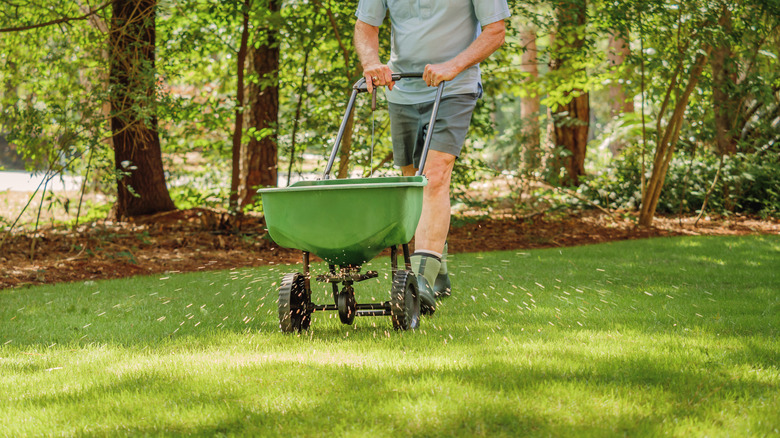
Embark on your quest by identifying the culprits behind those barren or discolored spots on your lawn, which could be anything from foot traffic to insects, poor soils, diseases, or fungi. This should help devise measures to thwart future invasions. Once you’ve cracked the mystery, eliminate the grass and weeds. Weedkiller is your best friend if you prefer the fast-and-furious route. Next, ready the soil for its new inhabitants by removing debris (think rocks and twigs), leveling, and aerating. A pre-emergent will suffice here to keep weed growth in check.
Just as you wouldn’t plant a tropical palm tree in a snowy tundra, choose a grass seed variety best suited for your climate and lawn conditions. You can either hand-toss the seeds or employ a tool like the Scotts Turf Builder EdgeGuard Mini Broadcast Spreader from Amazon. Next, gently rake compost over the seeds to shield them from the elements and promote healthy development. Grass seeds need the right moisture balance to sprout and grow into the lush green carpet of your dreams. So, keep the soil moist throughout the germination phase. As for how to keep your lawn green, it’s a matter of proper watering, mowing, fertilizing, weeding, aeration, and pest management. Happy reseeding, and may the grass be ever in your favor.

